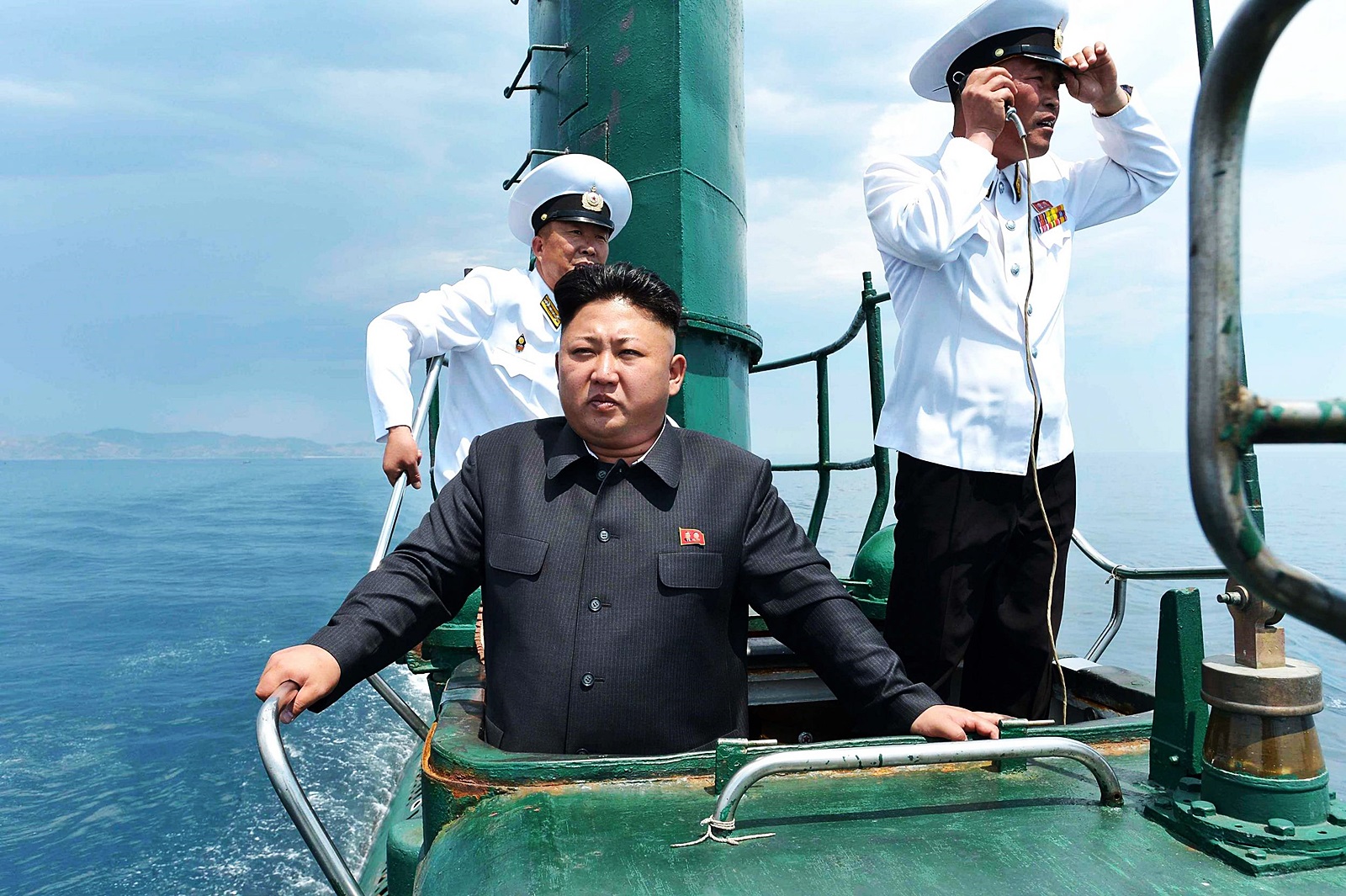
Michael Green, Senior Vice President for Asia and Japan Chair, CSIS
Aug 11, 2017
If the Kim regime were to collapse, the United States and China would have common ground for cooperation. Without more technical and forthcoming exchanges, however, the shock of sudden change in the North could result in mutual mistrust and antagonism, reflecting the underlying divergence in American and Chinese long-term geopolitical objectives for the region as a whole.
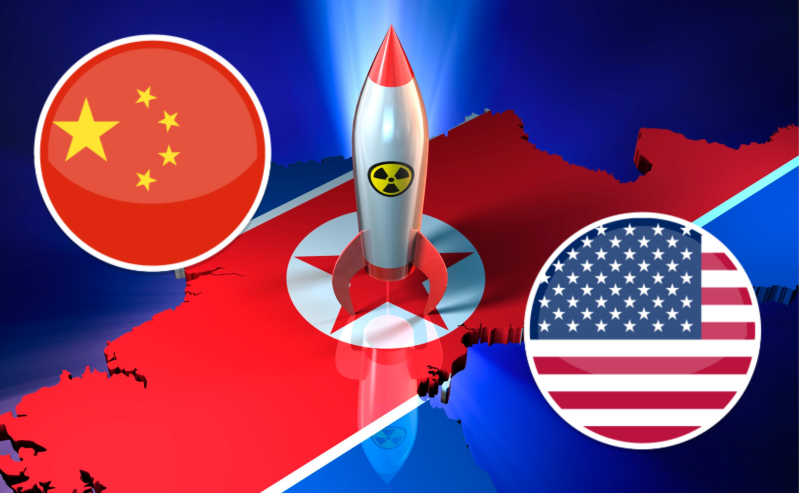
Li Zheng, Assistant Research Processor, China Institutes of Contemporary International Relations
Sun Chenghao, Fellow, Center for International Security and Strategy of Tsinghua University; Munich Young Leader 2025
Aug 08, 2017
Since North Korea is nearing its ultimate goal of achieving full nuclear deterrent capability against the United States, we might expect China to now show more rationality and return to the negotiation table. This will reduce North Korea’s hostility towards the U.S. and other countries.
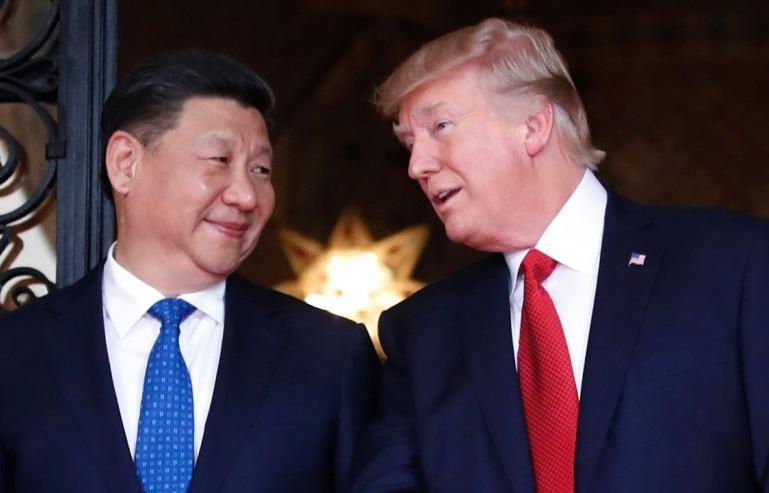
Doug Bandow, Senior Fellow, Cato Institute
Aug 07, 2017
If U.S. policy is determined by passion, ignorance, and myopia, the prospects of maintaining a peaceful relationship are far lower. President Trump is not a stupid man, but until he seeks to educate himself he risks acting stupidly. Then the cost for both nations, and most of Asia, could be quite high.
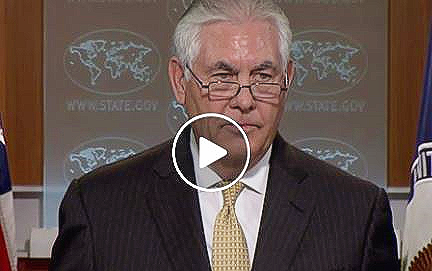
Aug 03, 2017
U.S. Secretary of State Rex Tillerson said on August 1 in Washington that the U.S. does not seek to topple the North Korean government and would like dialogue with Pyongyang at some point.
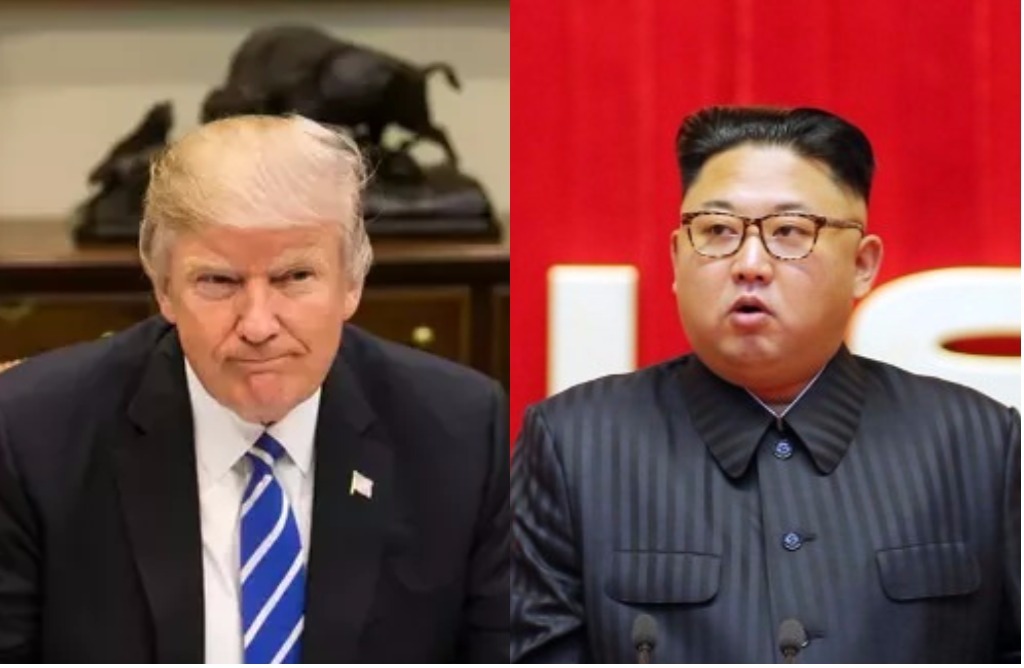
Fan Jishe, Professor, the Central Party School of Communist Party of China
Jul 20, 2017
Outsourcing the North Korea issue to China has never worked, and it is less likely to work this time. There is no doubt that China's cooperation and coordination is important and perhaps indispensable, but the ongoing rising tension is making the totally unwanted bombing option only more likely unless Trump gets more creative.
Cui Lei, Research Fellow, China Institute of International Studies
Jul 18, 2017
Changing the goal from denuclearization to resuming talks is something worth trying, since other options are becoming dead ends or getting increasingly risky.
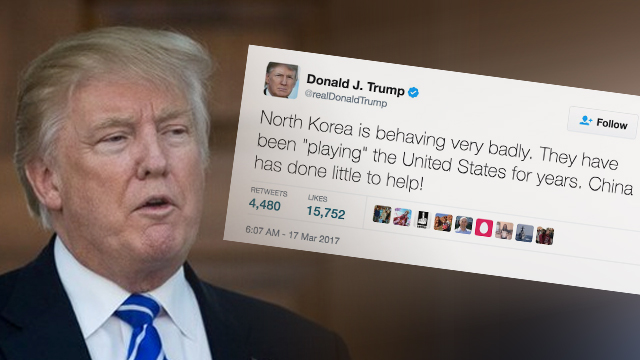
Amitai Etzioni, Professor, International Relations at The George Washington University
Jul 14, 2017
It will take much more from the U.S. to sway China, such as promising to remove the anti-missile defenses from South Korea if North Korea gives up its nukes, and promising not to move U.S. troops north, among other such ‘gives.’ Instead, the impatient and impulsive Trump Administration seems ready to assume China will not cooperate and move on to dealing with North Korea some other way.
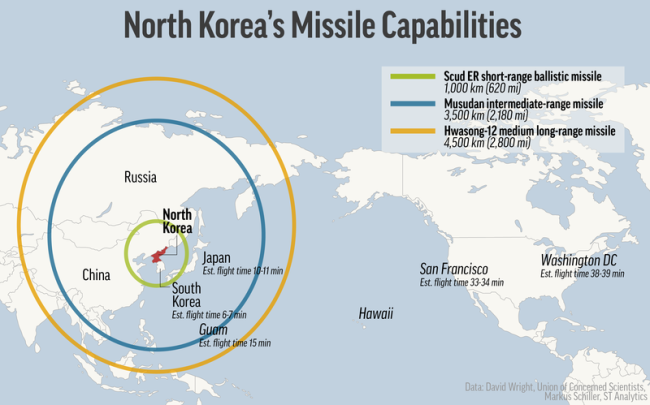
Doug Bandow, Senior Fellow, Cato Institute
Jul 14, 2017
As the North Korean nuclear issues escalates due to the rough state’s recent ICBM testing, the United States should seek a new approach to court Chinese cooperation on the matter. By offering carrots as well as sticks, the two countries can combat nuclear proliferation and address security threats at the same time.
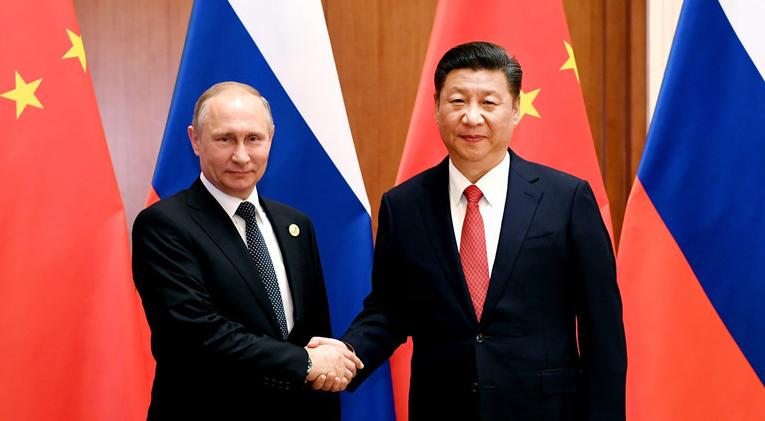
Ma Xiaolin, Professor, School of Arabic Studies, Beijing Foreign Studies University
Jul 14, 2017
The proposal from Beijing and Moscow could push the Korea nuclear crisis out of its dead-end. Yet there is a very long way to go for that to happen, considering the deep-rooted mutual prejudices, suspicions and the extreme lack of strategic trust.
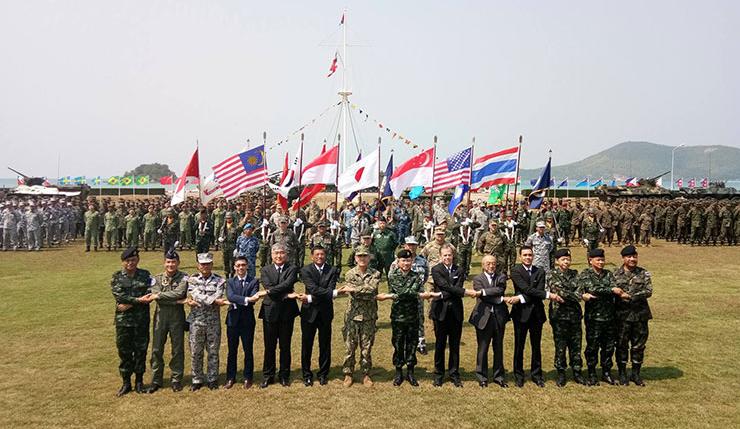
Cui Lei, Research Fellow, China Institute of International Studies
Jul 11, 2017
The current fuzzy state of geopolitics in the Asia-Pacific has prompted some middle powers in the region to explore new ties. In the foreseeable future, as long as the US remains in the Asia -Pacific, and China sticks to its peaceful foreign policy, US allies and partners will be reluctant to build informal or formal alliances.
Back to Top

- China-US Focus builds trust and understanding between the U.S. and China through open dialogue among thought leaders.
- Our Offerings
- Topics
- Videos
- Podcasts
- Columnists
- Research Reports
- Focus Digest
- Stay Connected
-
Thanks for signing up!
- Get the latest stories from China-US Focus weekly.